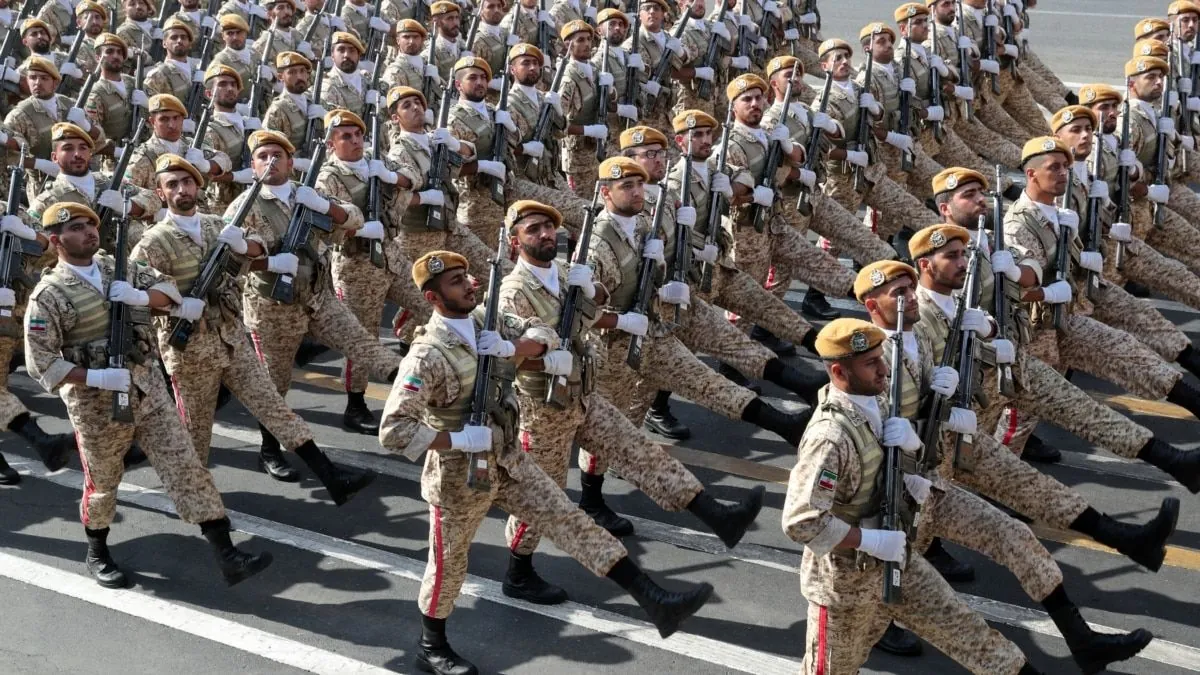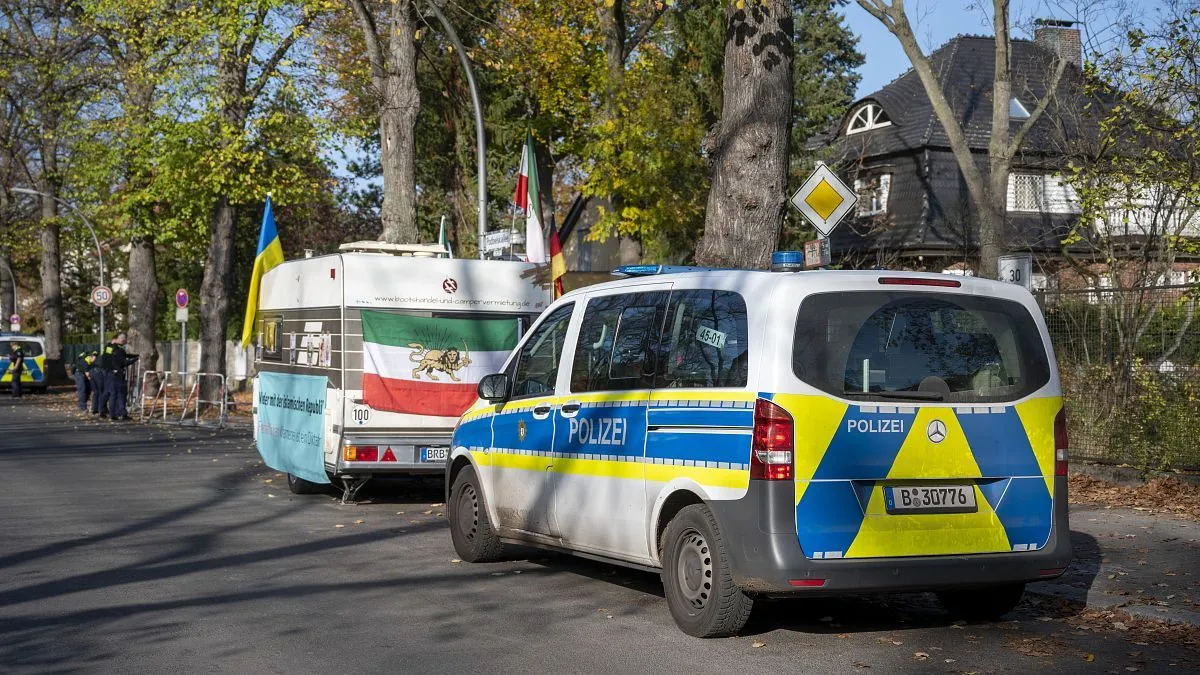Iran Shuts German-Linked Organizations Amid Diplomatic Tensions
Iran closes two German-affiliated organizations, citing illegal activities. This move follows Germany's ban on an Islamic center in Hamburg, escalating tensions between the two nations.

In a recent development, Iranian authorities have taken action against two German-linked organizations, citing concerns over their operations. This move comes in the wake of Germany's decision to prohibit an Islamic center in Hamburg, highlighting growing tensions between the two nations.
Iran's judiciary has ordered the closure of two entities associated with Germany, alleging "illegal activities and financial fraud." The judiciary's Mizan news agency reported this development, sharing images of security personnel removing signage from the German Language Institute of Tehran, an establishment connected to the German embassy.

This action by Iran follows Germany's ban on the Islamic Centre Hamburg (IZH) and its affiliated organizations in July 2024. The German interior ministry stated that the IZH was pursuing "radical Islamist goals" and acting as a direct representative of Iran's Supreme Leader, Ayatollah Ali Khamenei. German authorities accused the IZH of attempting to instigate an Islamic revolution within Germany.
The closure of German-linked organizations in Iran and the ban on the IZH in Germany have strained diplomatic relations between the two countries. Following Germany's decision, Iran summoned the German ambassador in Tehran to express its disapproval.
It's worth noting that Iran and Germany have a long-standing diplomatic relationship, established in 1952. Germany has been Iran's largest European trading partner and has played a crucial role in mediating negotiations regarding Iran's nuclear program. The German embassy in Tehran is one of the oldest foreign missions in the country.
The German Language Institute of Tehran, which was established in 1995, has been a significant cultural bridge between the two nations. Its closure may impact educational and cultural exchanges between Iran and Germany.
Iran's judiciary, which operates independently from the executive and legislative branches, has indicated that investigations into other German-affiliated centers in the country are ongoing. This suggests that further actions may be taken, potentially escalating the diplomatic tensions.
These recent events highlight the complex nature of Iran-Germany relations, which have been influenced by various factors, including Iran's nuclear program, international sanctions, and differing perspectives on human rights issues. As both countries navigate these challenges, the impact on their long-standing economic and cultural ties remains to be seen.


































